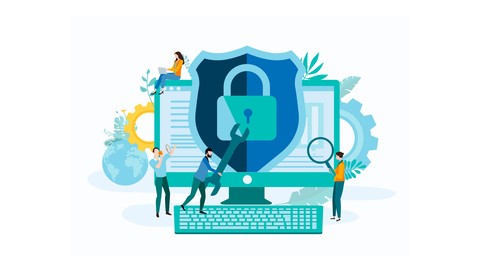The Indian government continues to seek effective alternatives to keep the economy afloat amidst its aggressive and tough measures to curb the spread of the COVID-19 Pandemic. Private institutions Although the decisions have been largely democratic, the exclusion of economic activities and the uncertainty around the opening of the essential establishments is alarming as India goes forward. Among these, private educational institutes have been forced to fight for sustainability as they tackle the emerging prospect of waiving off or charging considerably less fee even during the pandemic.

Important Announcement – EasyShiksha has now started Online Internship Program “Ab India Sikhega Ghar Se”

The government’s aim to mitigate the negative effects of the pandemic on citizen’s savings is laudable. However, the current economic conditions are forcing businesses to fight for sustainability, including private educational institutes. Going forward, it must be understood that, sooner or later, India will recover and the educational institutes will hold the key to the door of cultural recovery. Therefore, it is vital that the government must communicate with the institutions to develop a framework to help their staff on a priority basis.
Mr. Rustom Kerawalla, Chairman, Ampersand Group, recommends to establish an ideal structure for both parents and private institutions include:
Immediate Interest-free loans: Recently, the state governments urged institutes to refrain from any hikes in the fee which has posed a challenge for them to pay staff salaries. However, the same financial hurdles that are being faced by the parents apply to private institutions as well in the absence of semester, courses, and new admissions. The time is crucial for the Finance Ministry or RBI to announce financial aid for private institutions in the form of immediate interest-free loans. Such loans ensure the avoidance of personnel layoffs, on-time payment of salaries, and future sustainability during the Pandemic.
Subsidies: In the absence of regular classes, it becomes tough for the private institutions to provide salaries to the teaching and non-teaching staff, making them irrelevant in the overall business structure. Including them in the overall economic package, the government can look to provide subsidies to the private institutions to cut effective costs, leaving the institutions with much-needed money to pay the salaries. The government can subsidize electricity charges or defer interests on loans for a few months to promote liquidity and help the teaching and non-teaching staff to curb the pandemic.
Top Software Engineering Courses
Technical infrastructure: The fee issue faced by the private institutions has accelerated owing to the absence of regular classes and the government’s decision to defer consolidated fee payment. With passing time, more educational institutes are adopting online learning by tutoring themselves and the student’s parents with the minimum available resources. However, to effectively transform from their present physical structure to an online one would require ideal technical infrastructure backed by advanced software and integrated tools. Private institutions can seek the help of the government or other edu-startups to develop or leverage online platforms or applications to successfully transform and stay relevant at a time of crisis of COVID19 pandemic.
Future governmental benefits: While the government’s decision to legally bar private institutions from taking consolidated fee may seem rigid, it must be followed by a positive outlook for those who abide by these tough measures. For example, the government can communicate its decision to provide future benefits such as lower taxes or increased subsidies to those educational institutions who retain and continue to pay its teaching and non-teaching staff for a pre-determined time. It will encourage owners to sustain their institutes knowing they can recover what they spend today, thereby mitigating uncertainty for the pandemic.
Comprehensive policies: Along with aggressive protective government measures taken to protect the parents, comprehensive policies to financially strengthen the private institutions is the need of the hour. A government taskforce comprising of renowned educationalists, formed by the government, can invest time and resources to find effective solutions to the fee issue faced by the private institutions. Shifting the necessary focus towards the educational institutes, it can ensure the uninterrupted continuation of Indian education.
Striking a balance between the cash flow required by the private institutions and protecting the savings of the parents is essential for a win-win situation during the pandemic. Going forward, a scenario where the government heavily focuses on saving the disposable income of citizens and ignores key sectors like education can result in social and economic catastrophe. However, an ideal holistic framework backed by the government can successfully solve the fee issue and support the backbone of social and economic revolution: Education.
For more information related to technology, visit: HawksCode and EasyShiksha
Empower your team. Lead the industry
Get a subscription to a library of online courses and digital learning tools for your organization with EasyShiksha
Request NowALSO READ: watch-bharti-delivers-a-hilarious-take-on-vmate-gharbaithebanolakhpati
Get Course: electrical-low-voltage-system-distribution-design






































































